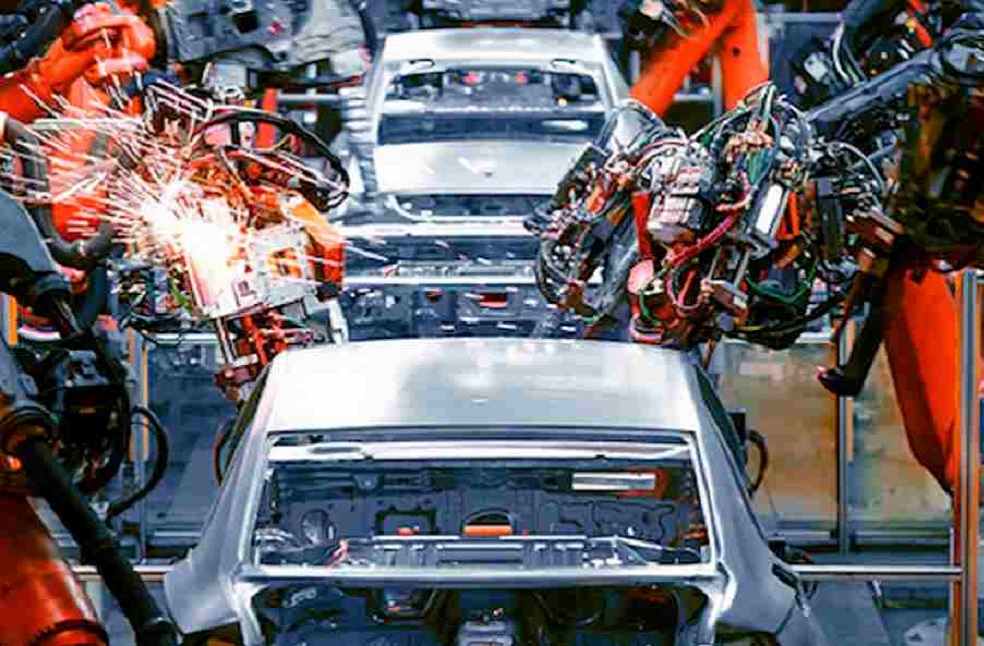The European Union issued a $495 million fine to 15 leading car manufacturers and ACEA on Tuesday for participating in a cartel linked to vehicle recycling practices.
The European Union imposed a substantial fine of $495 million (approximately Rs 4,237.62 crore) on 15 leading car manufacturers in Europe, along with the European Automobiles Manufacturers Association (ACEA). The penalty was issued for participation in a long-standing cartel related to end-of-life vehicle recycling. All the companies acknowledged their roles in the cartel and agreed to resolve the case through a settlement.

An investigation by the European Commission revealed that, for more than 15 years, 15 prominent car manufacturers, alongside ACEA, engaged in anti-competitive practices and agreements related to end-of-life vehicle recycling. An end-of-life vehicle (ELV) is deemed unfit due to aging, extensive wear, or damage. These vehicles are dismantled and processed for recycling, resource recovery, and proper disposal.
The cartel involved leading companies, including Mercedes-Benz, which avoided a €35 million (approximately Rs 323.34 crore) fine by serving as the primary whistleblower and obtaining full immunity. Other notable manufacturers, such as Stellantis (encompassing Opel), Mitsubishi, and Ford, faced reduced penalties for collaborating with the Commission. The level of fine reduction was determined by the timing of cooperation and the quality of evidence provided to confirm the cartel’s activities.

The Commission’s investigation revealed that Original Equipment Manufacturers (OEM) colluded in two key ways: the manufacturers collectively chose not to compensate car dismantlers for processing end-of-life vehicles (ELVs), asserting that ELV recycling is a lucrative venture, which led to the adoption of the ‘Zero-Treatment-Cost’ strategy. Additionally, the companies exchanged commercially sensitive information about individual agreements with dismantlers and coordinated approaches to dealing with them.
OEMs chose not to emphasize ELV recyclability, recovered materials, or the proportion of recycled materials used in new cars. The approach intended to dissuade consumers from factoring recycling data into vehicle purchase decisions, ultimately reducing pressure on manufacturers to exceed mandatory environmental regulations.
LATEST | Tesla Offers Zero-Interest Financing for Model Y in China





